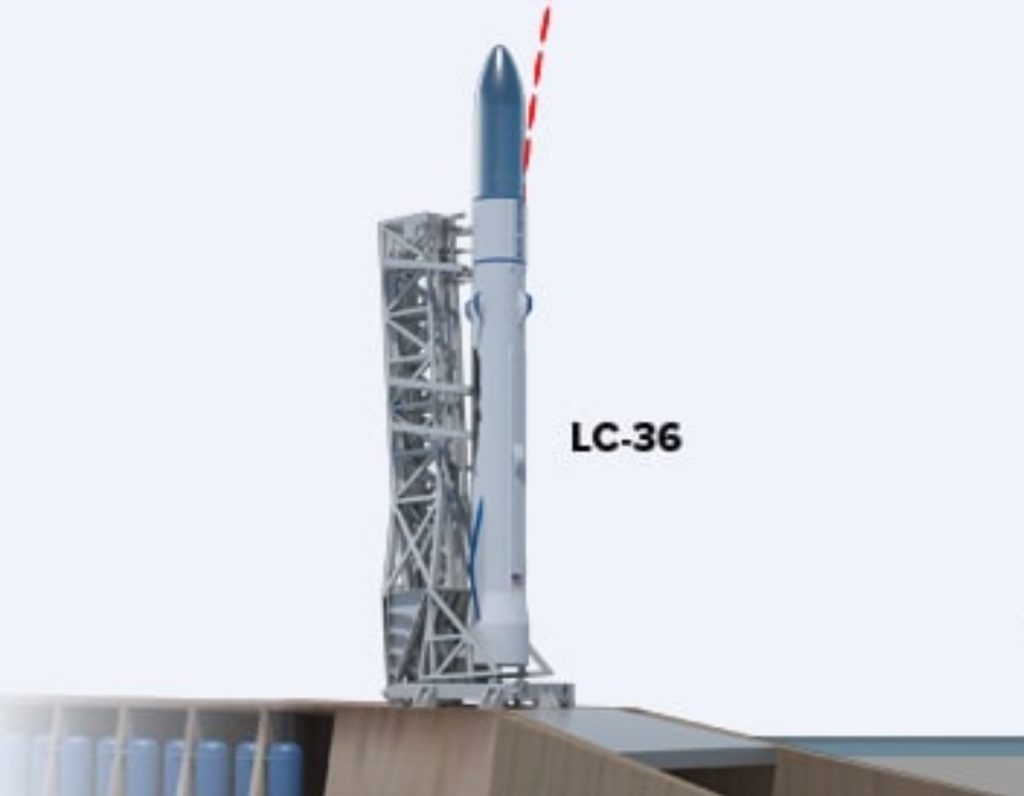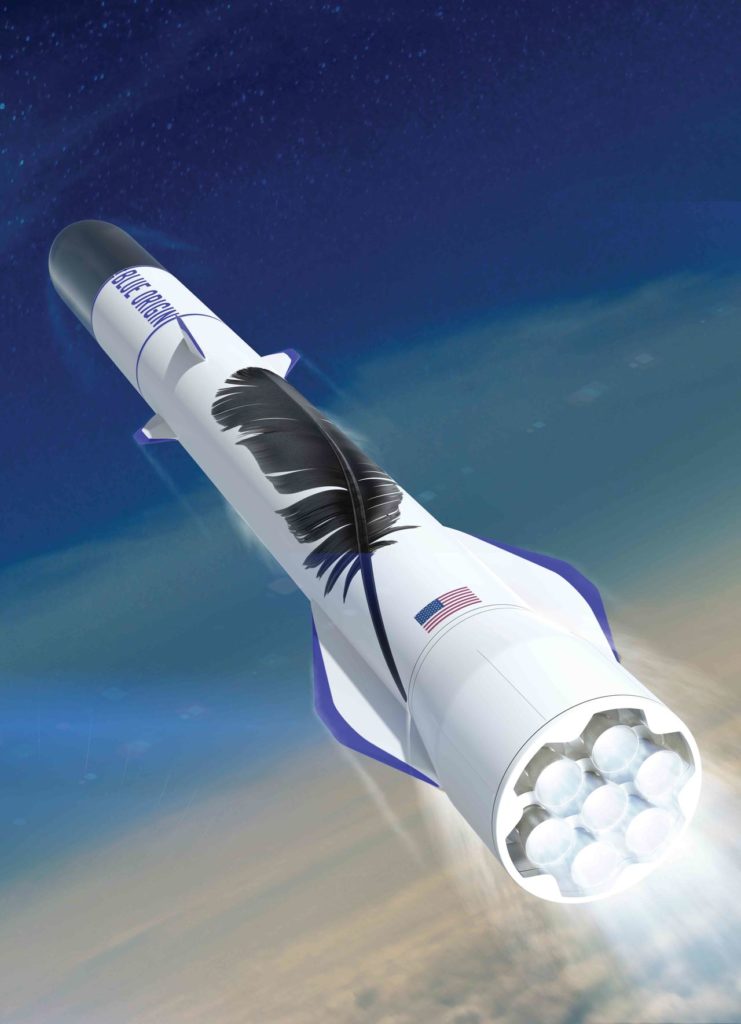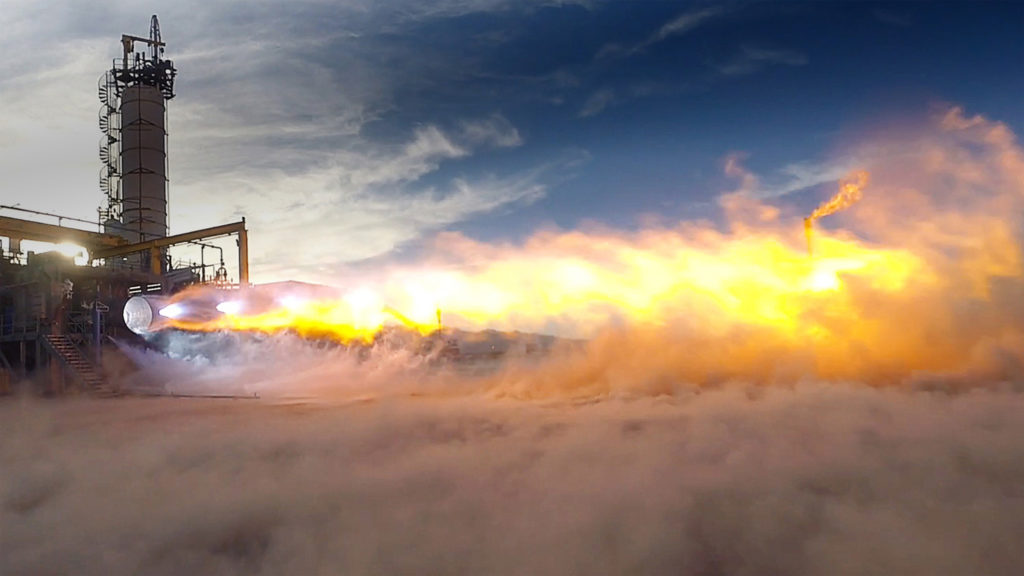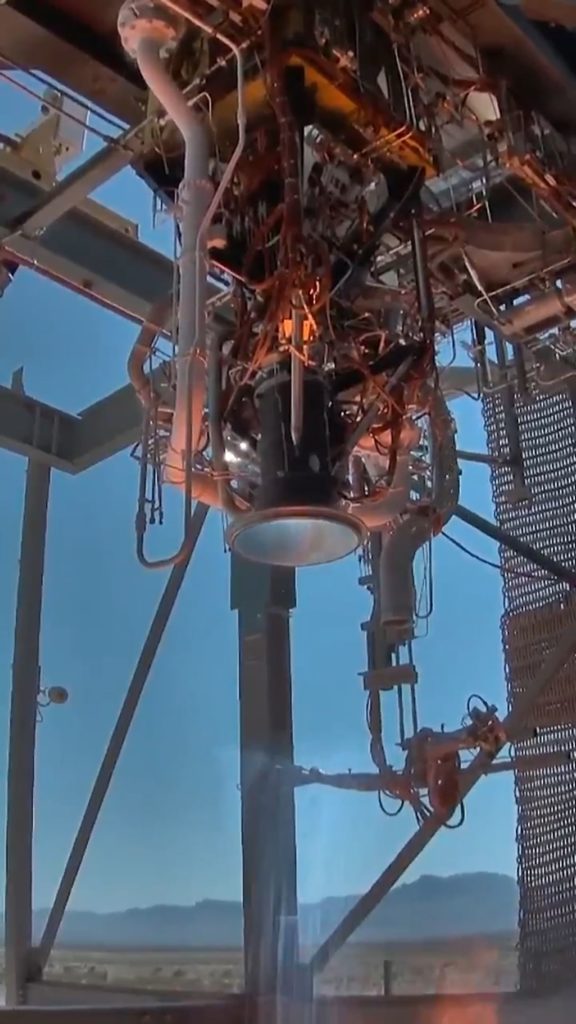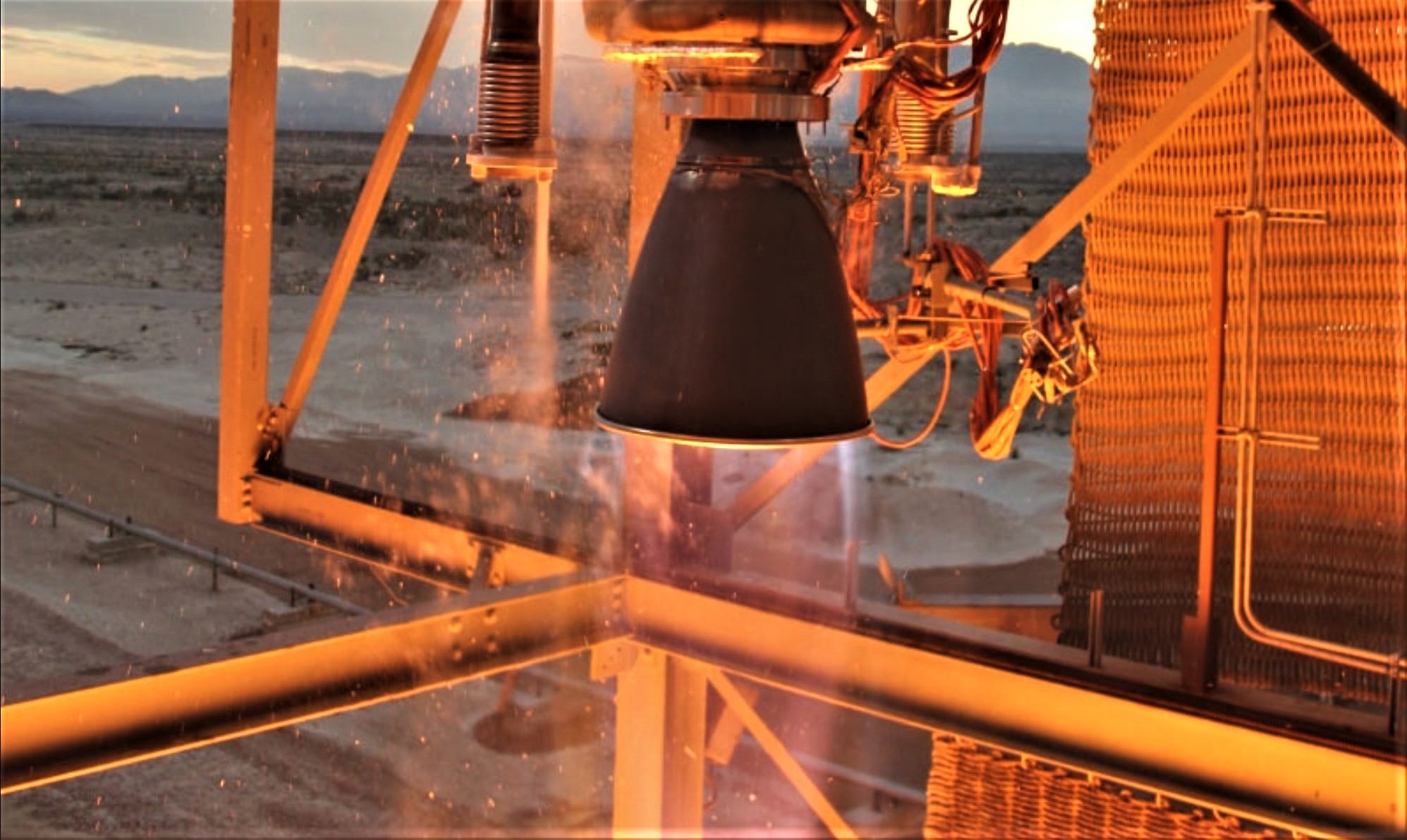
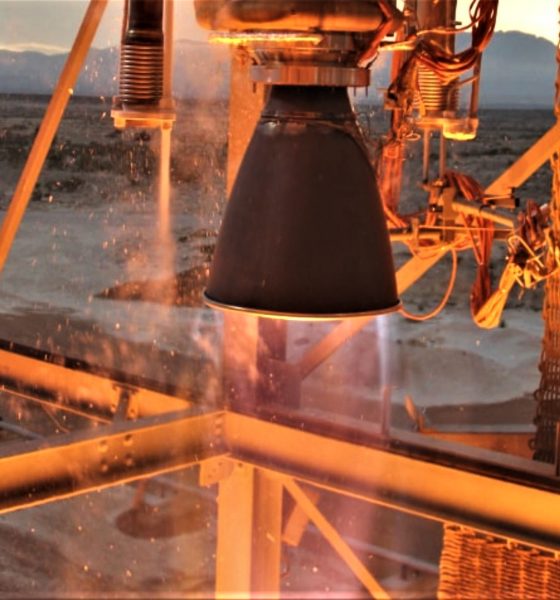
News
Blue Origin continues SpaceX-competitive rocket R&D with hot-fire engine tests
Prospective SpaceX-competitor Blue Origin is continuing research and development work in earnest in an effort to push its first orbital-class rocket, known as New Glenn, closer to the massive vehicle’s launch debut.
In early August, the company shared a video showing a small segment of a long-duration hot-fire test of the rocket engine that will power New Glenn’s second stage, the upper segment of the rocket tasked with placing payloads (typically satellites) into their final orbit(s).
Recent footage of BE-3U demonstration engine hot fire. Two BE-3Us will power upper stage of #NewGlenn & deliver our customers to orbit. We’ve completed over 700 seconds of test time & confirmed performance assumptions used for final BE-3U expander cycle design #GradatimFerociter pic.twitter.com/ygJlgHkyE1
— Blue Origin (@blueorigin) August 10, 2018
Blue Origin recently announced an intriguing decision to change the upper stage engine its New Glenn rocket will use, moving from a vacuum version of the booster’s massive BE-4 engine (BE-4U) to two updated and modified BE-3 engines, the same propulsion system that powers the company’s much smaller New Shepard suborbital rocket. Rated for roughly 110,000 pounds of thrust (compared to Merlin 1D’s ~190,000 lbf thrust), a duo of the vacuum-optimized engines would be expected to produce roughly the same amount of thrust as SpaceX’s Merlin Vacuum (MVac) upper stage engine.
Before BE-3U took its place, Blue’s original plan was to fly New Glenn as a full-up liquid methane and liquid oxygen (methalox0rocket) on both first and second stages, simplifying the vehicle’s fluid systems and the launch pad’s own ground systems. By replacing BE-4U with BE-3U, the company is instead choosing to make New Glenn’s first stage methalox while the second stage will use liquid hydrogen and oxygen (hydrolox).
- A likely dated mockup of New Glenn at the LC-36 launch pad. (Blue Origin)
- Blue Origin’s aspirational future, the highly reusable BE-4 powered New Glenn rocket. (Blue Origin)
- Blue Origin’s BE-4 engine, the propulsion for New Glenn, seen conducting hot-fire tests in Texas. The engine’s nozzles is a full 6 feet (~1.8m) in diameter. (Blue Origin)
- BE-3U seen testing at Blue Origin’s Texas facilities in August 2018. (Blue Origin)
Blue Origin certainly does have more experience flying hydrolox rockets thanks to its suborbital New Shepard program, and BE-3 is also a mature engine as a result. However, the decision is still difficult to parse. Critically, the company chose to significantly change a fundamental aspect of the rocket engine, moving from a combustion tap-off cycle to an expander cycle, where “cycle” refers to the mechanisms used to pump fuel and oxidizer into a rocket engine’s combustion chamber.
Changing cycles is a fairly dramatic revision and consequently diminishes the value of what might be called “flight-heritage” hardware, or rocket components that have been extensively tested and proven during actual flight operations. Noting one of the main points Blue Origin itself has made in the past and on its own website, it should come as no surprise that New Glenn’s launch debut is believed to have slipped from 2020 into 2021 or even 2022, originally reported by Reuters earlier this month.
“With extensive testing and use on New Shepard and the BE-3, the BE-3U will be one of the best-understood rocket engines before it ever launches into space [on New Glenn].” – Blue Origin
New Glenn’s debut delays will likely push Blue Origin’s first lunar Blue Moon landings beyond the original 2023 launch target. Regardless, a considerable amount of work thus lays before Blue Origin before they will be ready to seriously compete with the likes of SpaceX, Arianespace, and ULA on the global launch market.
For prompt updates, on-the-ground perspectives, and unique glimpses of SpaceX’s rocket recovery fleet check out our brand new LaunchPad and LandingZone newsletters!

News
Tesla makes big Full Self-Driving change to reflect future plans
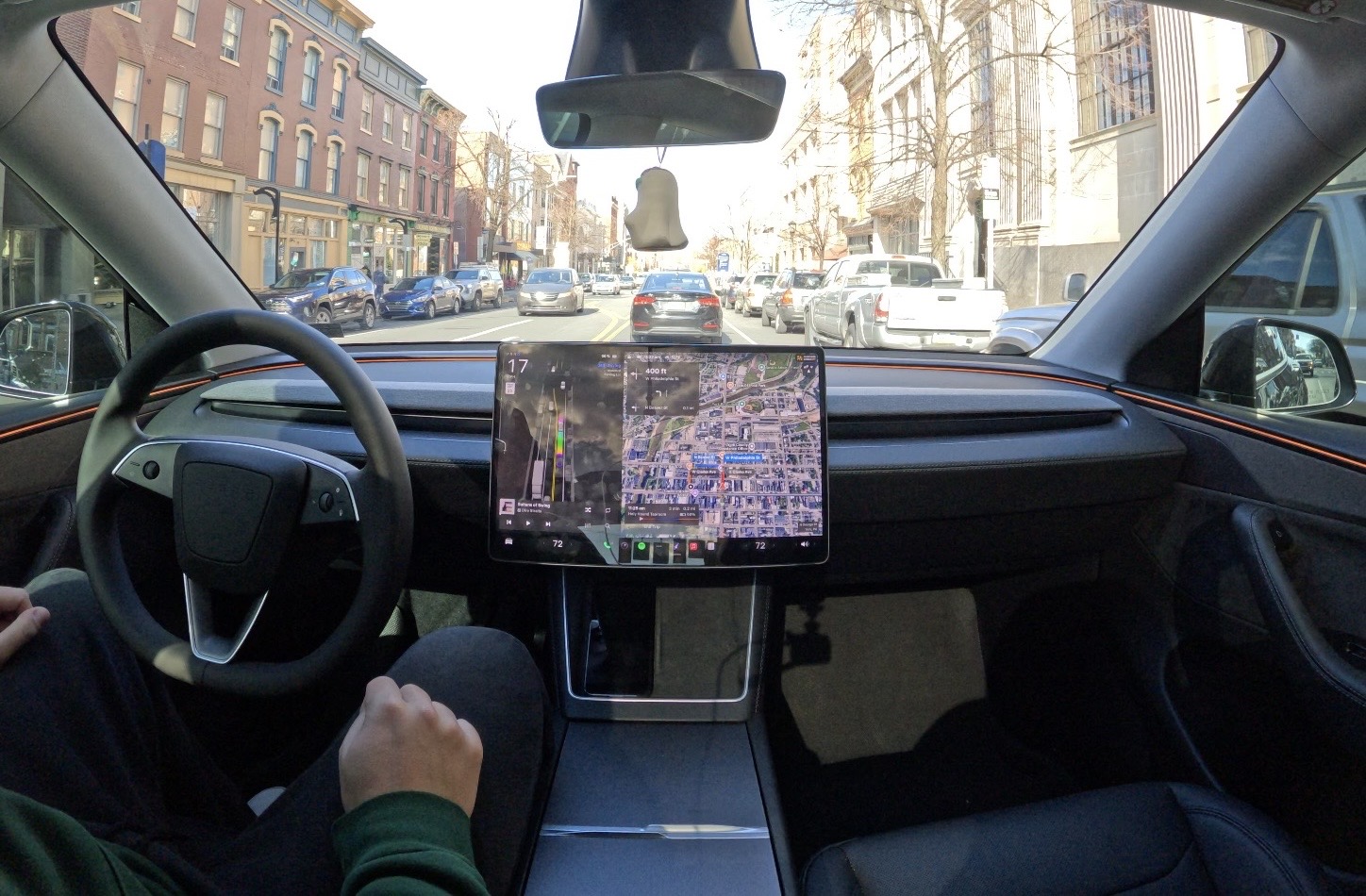
Tesla made a dramatic change to the Online Design Studio to show its plans for Full Self-Driving, a major part of the company’s plans moving forward, as CEO Elon Musk has been extremely clear on the direction moving forward.
With Tesla taking a stand and removing the ability to purchase Full Self-Driving outright next month, it is already taking steps to initiate that with owners and potential buyers.
On Thursday night, the company updated its Online Design Studio to reflect that in a new move that now lists the three purchase options that are currently available: Monthly Subscription, One-Time Purchase, or Add Later:
🚨 Check out the change Tesla made to its Online Design Studio:
It now lists the Monthly Subscription as an option for Full Self-Driving
It also shows the outright purchase option as expiring on February 14 pic.twitter.com/pM6Svmyy8d
— TESLARATI (@Teslarati) January 23, 2026
This change replaces the former option for purchasing Full Self-Driving at the time of purchase, which was a simple and single box to purchase the suite outright. Subscriptions were activated through the vehicle exclusively.
However, with Musk announcing that Tesla would soon remove the outright purchase option, it is clearer than ever that the Subscription plan is where the company is headed.
The removal of the outright purchase option has been a polarizing topic among the Tesla community, especially considering that there are many people who are concerned about potential price increases or have been saving to purchase it for $8,000.
This would bring an end to the ability to pay for it once and never have to pay for it again. With the Subscription strategy, things are definitely going to change, and if people are paying for their cars monthly, it will essentially add $100 per month to their payment, pricing some people out. The price will increase as well, as Musk said on Thursday, as it improves in functionality.
I should also mention that the $99/month for supervised FSD will rise as FSD’s capabilities improve.
The massive value jump is when you can be on your phone or sleeping for the entire ride (unsupervised FSD). https://t.co/YDKhXN3aaG
— Elon Musk (@elonmusk) January 23, 2026
Those skeptics have grown concerned that this will actually lower the take rate of Full Self-Driving. While it is understandable that FSD would increase in price as the capabilities improve, there are arguments for a tiered system that would allow owners to pay for features that they appreciate and can afford, which would help with data accumulation for the company.
Musk’s new compensation package also would require Tesla to have 10 million active FSD subscriptions, but people are not sure if this will move the needle in the correct direction. If Tesla can potentially offer a cheaper alternative that is not quite unsupervised, things could improve in terms of the number of owners who pay for it.
News
Tesla Model S completes first ever FSD Cannonball Run with zero interventions
The coast-to-coast drive marked the first time Tesla’s FSD system completed the iconic, 3,000-mile route end to end with no interventions.
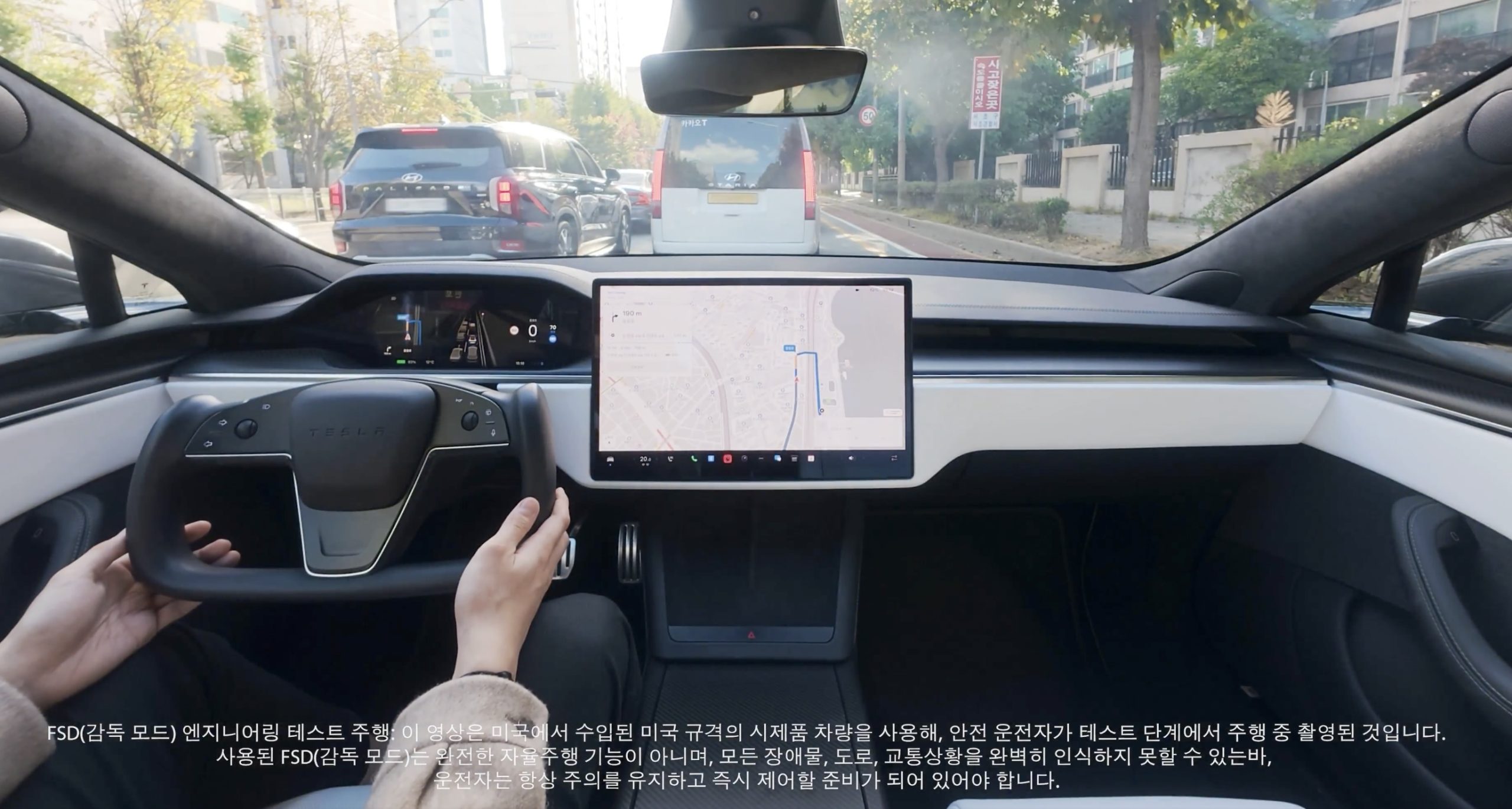
A Tesla Model S has completed the first-ever full Cannonball Run using Full Self-Driving (FSD), traveling from Los Angeles to New York with zero interventions. The coast-to-coast drive marked the first time Tesla’s FSD system completed the iconic, 3,000-mile route end to end, fulfilling a long-discussed benchmark for autonomy.
A full FSD Cannonball Run
As per a report from The Drive, a 2024 Tesla Model S with AI4 and FSD v14.2.2.3 completed the 3,081-mile trip from Redondo Beach in Los Angeles to midtown Manhattan in New York City. The drive was completed by Alex Roy, a former automotive journalist and investor, along with a small team of autonomy experts.
Roy said FSD handled all driving tasks for the entirety of the route, including highway cruising, lane changes, navigation, and adverse weather conditions. The trip took a total of 58 hours and 22 minutes at an average speed of 64 mph, and about 10 hours were spent charging the vehicle. In later comments, Roy noted that he and his team cleaned out the Model S’ cameras during their stops to keep FSD’s performance optimal.
History made
The historic trip was quite impressive, considering that the journey was in the middle of winter. This meant that FSD didn’t just deal with other cars on the road. The vehicle also had to handle extreme cold, snow, ice, slush, and rain.
As per Roy in a post on X, FSD performed so well during the trip that the journey would have been completed faster if the Model S did not have people onboard. “Elon Musk was right. Once an autonomous vehicle is mature, most human input is error. A comedy of human errors added hours and hundreds of miles, but FSD stunned us with its consistent and comfortable behavior,” Roy wrote in a post on X.
Roy’s comments are quite notable as he has previously attempted Cannonball Runs using FSD on December 2024 and February 2025. Neither were zero intervention drives.
Elon Musk
Tesla removes Autopilot as standard, receives criticism online
The move leaves only Traffic Aware Cruise Control as standard equipment on new Tesla orders.
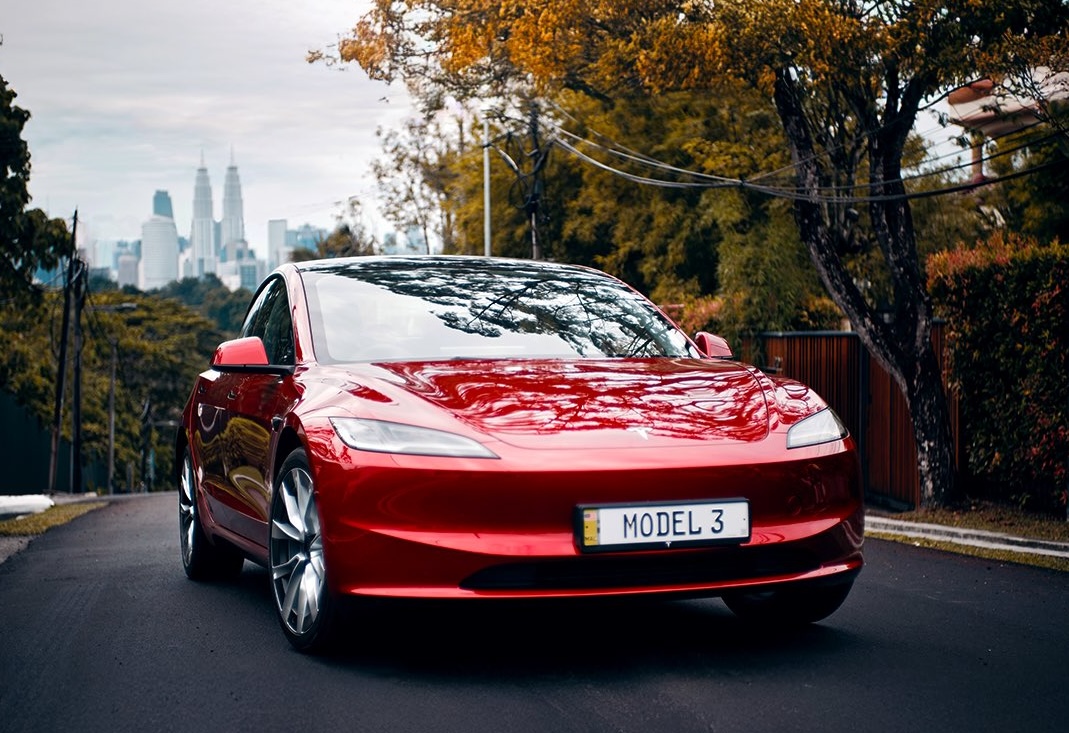
Tesla removed its basic Autopilot package as a standard feature in the United States. The move leaves only Traffic Aware Cruise Control as standard equipment on new Tesla orders, and shifts the company’s strategy towards paid Full Self-Driving subscriptions.
Tesla removes Autopilot
As per observations from the electric vehicle community on social media, Tesla no longer lists Autopilot as standard in its vehicles in the U.S. This suggests that features such as lane-centering and Autosteer have been removed as standard equipment. Previously, most Tesla vehicles came with Autopilot by default, which offers Traffic-Aware Cruise Control and Autosteer.
The change resulted in backlash from some Tesla owners and EV observers, particularly as competing automakers, including mainstream players like Toyota, offer features like lane-centering as standard on many models, including budget vehicles.
That being said, the removal of Autopilot suggests that Tesla is concentrating its autonomy roadmap around FSD subscriptions rather than bundled driver-assistance features. It would be interesting to see how Tesla manages its vehicles’ standard safety features, as it seems out of character for Tesla to make its cars less safe over time.
Musk announces FSD price increases
Following the Autopilot changes, Elon Musk stated on X that Tesla is planning to raise subscription prices for FSD as its capabilities improve. In a post on X, Musk stated that the current $99-per-month price for supervised FSD would increase over time, especially as the system itself becomes more robust.
“I should also mention that the $99/month for supervised FSD will rise as FSD’s capabilities improve. The massive value jump is when you can be on your phone or sleeping for the entire ride (Unsupervised FSD),” Musk wrote.
At the time of his recent post, Tesla still offers FSD as a one-time purchase for $8,000, but Elon Musk has confirmed that this option will be discontinued on February 14, leaving subscriptions as the only way to access the system.
